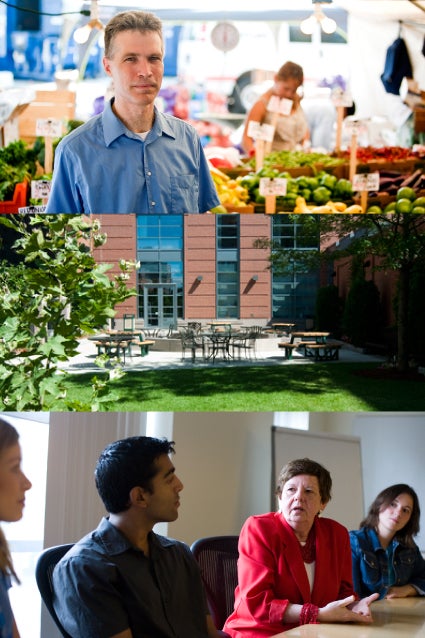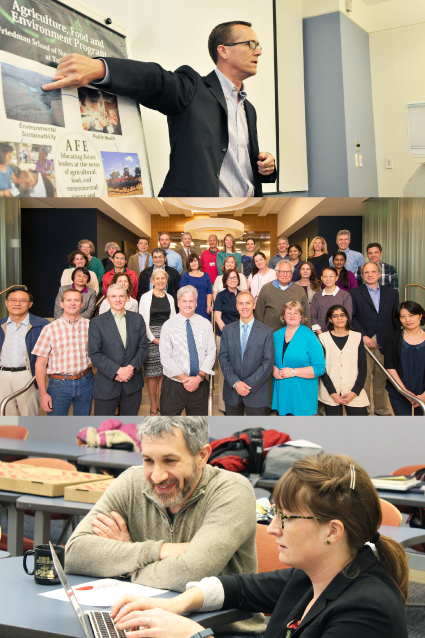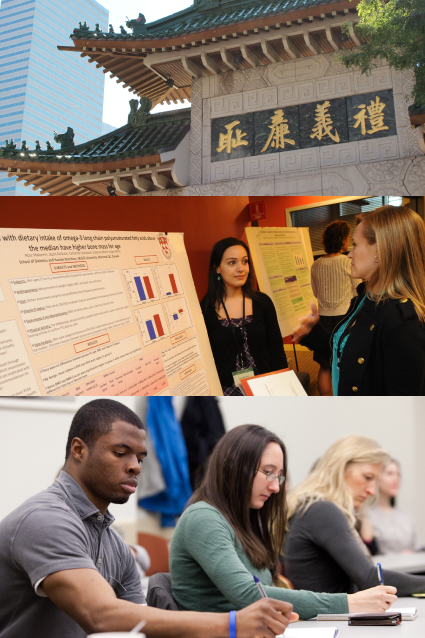Global Nutrition

A Call to Action

Shaping the Global Nutrition Agenda

Catalyzing Innovation and Collaboration

4th Annual Symposium on Agriculture to Nutrition in Nepal

Nutrition Innovations in Bangladesh

Malawi Dietetics Program Accredited

Effective Exit Strategies for Development Food Assistance Projects: Kenya Country Study

Sustaining Development

Farming for Peace
- « first
- ‹ previous
- 1
- 2
- 3







